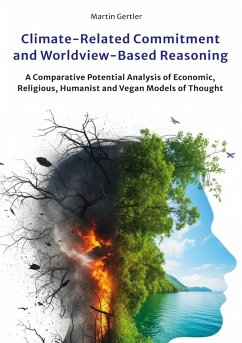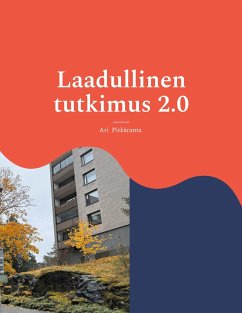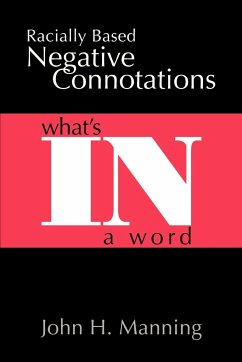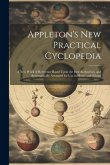The way we think determines our everyday lives. Political goals are mostly driven by economic interests, while ethical questions belong to the realms of worldview, lifestyle and education. So, is the climate crisis merely a matter of belief? A recent study suggests that it may be, as it shows that four selected models of thinking - economism, religionism, humanism and veganism - have very different potential and limitations when it comes to transforming society into a more climate-friendly and sustainable one. These models are confronted with indicators from the Intergovernmental Panel on Climate Change's findings, the CO2 budget and the concept of planetary boundaries, which serve as a normative frame of reference. This reveals the structural differences, similarities, fears and blind spots of the models, particularly their varying potential to contribute effectively to overcoming the climate crisis. The indicators are then used to evaluate how well the German federal government's 2025 coalition agreement fulfils the internationally agreed climate and sustainability targets, to which the government itself is also bound. The resulting indicators and grids can contribute to reflection and communication in educational processes, political debates and civil society initiatives. They can also assist companies in producing climate protection or sustainability reports.
Bitte wählen Sie Ihr Anliegen aus.
Rechnungen
Retourenschein anfordern
Bestellstatus
Storno








